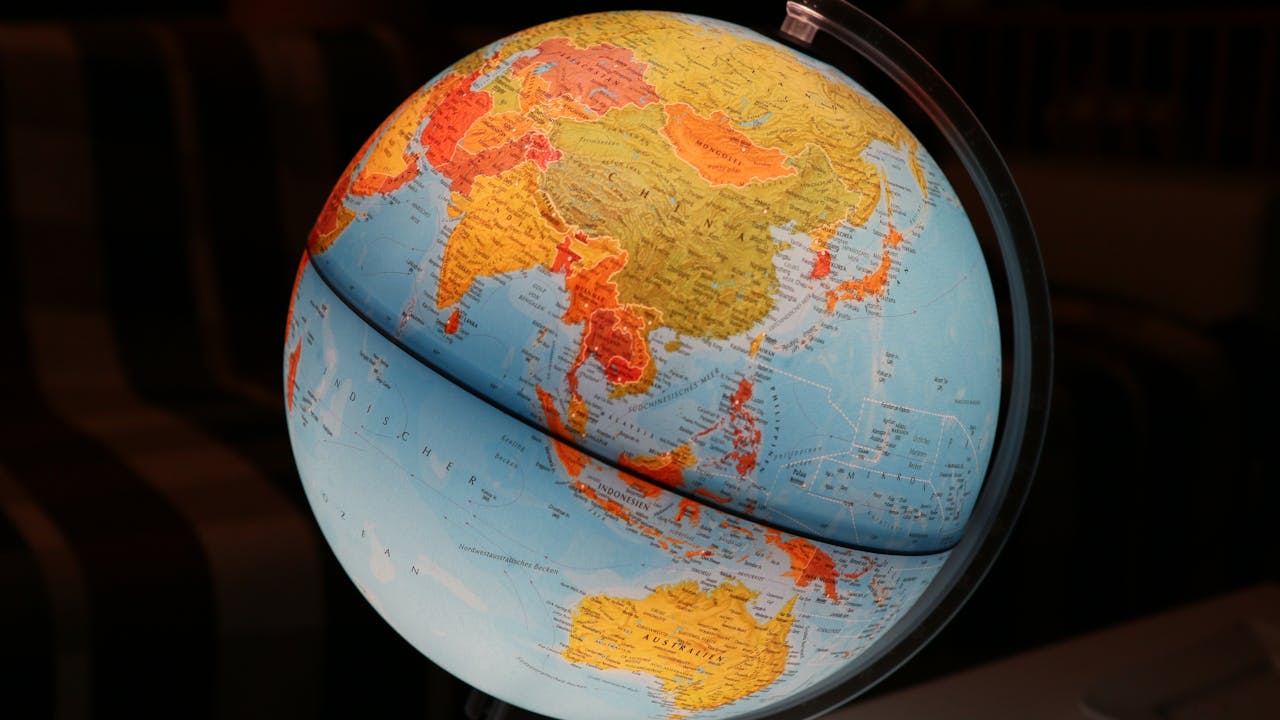The Genesis of Globalization
Globalization, a multifaceted phenomenon characterized by the increasing interconnectedness of economies, cultures, and societies, has reshaped the modern world in profound ways. Originating from historical processes of trade, migration, and technological exchange, globalization has accelerated in recent decades, driven by advancements in transportation, communication, and digital technologies. In this exploration, we delve into the dynamics of globalization, examining its drivers, consequences, and the challenges it presents to societies worldwide.
Defining Globalization: Unraveling its Dimensions
Globalization encompasses a wide array of interconnected processes, including trade liberalization, financial integration, cultural exchange, and technological diffusion. At its core, globalization reflects the growing interdependence of nations and the erosion of traditional barriers to the flow of goods, services, capital, and information across borders. This interconnectedness has led to a more integrated global economy, characterized by complex networks of trade, investment, and production.
Drivers of Globalization: Unraveling the Forces at Play
Several factors have propelled the globalization phenomenon. Technological advancements, such as the internet, containerization, and telecommunications, have dramatically reduced the costs of communication and transportation, facilitating global trade and investment flows. Policy reforms, including trade liberalization and deregulation, have also played a significant role in promoting globalization by removing barriers to cross-border commerce and fostering economic integration.
Economic Implications of Globalization: Unraveling the Opportunities and Challenges
Globalization has generated both opportunities and challenges for economies worldwide. On the one hand, increased trade and investment have spurred economic growth, expanded markets, and facilitated the diffusion of technology and know-how. On the other hand, globalization has contributed to job displacement, income inequality, and vulnerabilities to external shocks, leading to concerns about its distributive effects and social implications.
Cultural and Social Dimensions: Unraveling the Impact on Societies
Beyond its economic ramifications, globalization has profoundly influenced cultures, societies, and identities worldwide. Cultural exchange, facilitated by travel, media, and the internet, has led to the proliferation of ideas, values, and lifestyles across borders, fostering greater cultural diversity and interconnectedness. However, globalization has also sparked debates about cultural homogenization, identity loss, and the erosion of traditional practices and values.
Environmental Consequences: Unraveling the Ecological Footprint
Globalization has transformed the natural environment, affecting ecosystems, resource consumption, and climate change dynamics. Increased trade and economic activity have led to rising carbon emissions, deforestation, and biodiversity loss, exacerbating environmental challenges on a global scale. Addressing the environmental consequences of globalization requires coordinated efforts to promote sustainable development, mitigate pollution, and conserve natural resources.
Governance and Regulation: Unraveling the Challenges of Global Governance
As globalization transcends national boundaries, it poses challenges to traditional systems of governance and regulation. Issues such as tax evasion, financial regulation, and labor standards require coordinated action at the international level to prevent regulatory arbitrage and ensure a level playing field for businesses and workers. However, achieving consensus among diverse stakeholders and reconciling national interests with global imperatives remains a formidable task.
Resilience and Adaptation: Unraveling Strategies for the Future
In an increasingly globalized world, resilience and adaptation are critical for navigating uncertainties and mitigating risks. Building resilient economies and societies requires investments in education, innovation, and infrastructure to enhance competitiveness and foster inclusive growth. Moreover, fostering international cooperation, dialogue, and multilateralism is essential for addressing global challenges collectively and promoting sustainable development.
The Future of Globalization: Unraveling Emerging Trends
As we look to the future, globalization is likely to continue evolving in response to technological advancements, geopolitical shifts, and societal changes. Trends such as digitalization, automation, and the rise of emerging economies are poised to reshape the global economic landscape, presenting new opportunities and challenges for policymakers, businesses, and individuals alike. Adapting to these trends will require agility, innovation, and collaboration to harness the benefits of globalization while addressing its inherent risks and inequalities.
Embracing the Opportunities of an Interconnected World
Globalization has transformed the world in profound ways, reshaping economies, cultures, and societies on a global scale. While presenting opportunities for economic growth, innovation, and cultural exchange, globalization also poses challenges in terms of inequality, environmental sustainability, and governance. Embracing the opportunities of an interconnected world requires collective action, inclusive policies, and a shared commitment to building resilient and sustainable societies in the face of global challenges.




